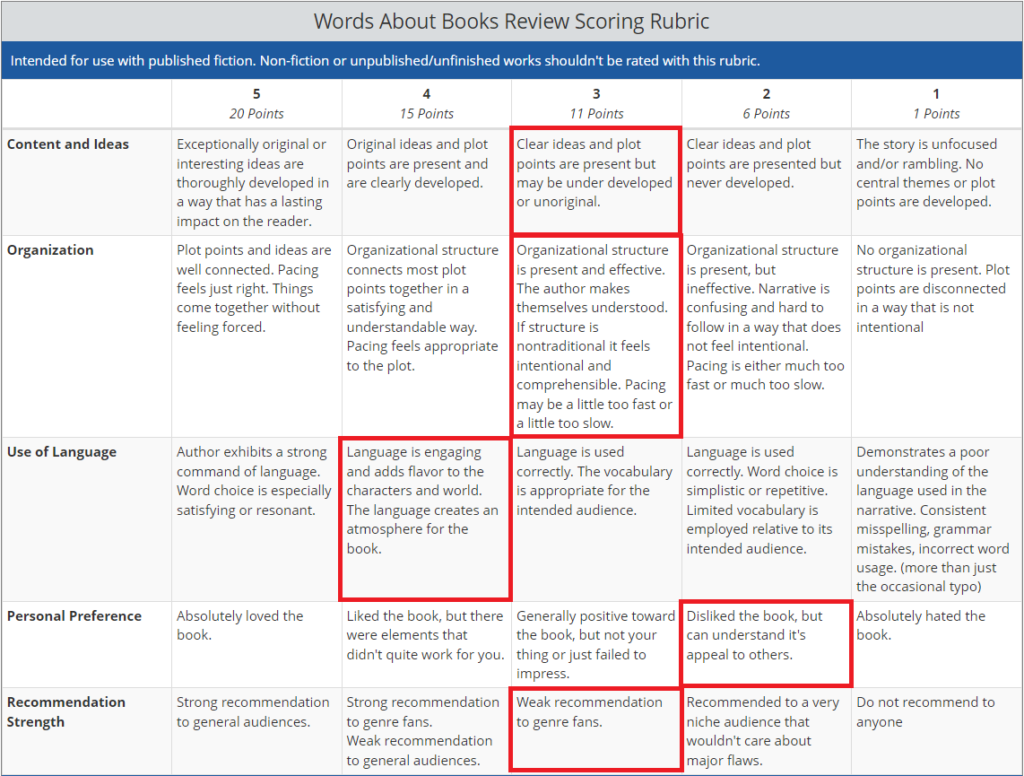Ben Reviews: Cabin at the End of the World by Paul Tremblay

Paul Tremblay is a good writer. This novel has a compelling premise. Unfortunately, the theme never quite comes together. The Cabin at the End of the World is essentially about the horror that exists between faith and doubt. A family in a remote cabin is visited by strangers claiming to be messengers of God (more or less), and the family is offered several (really unconvincing) signs that the strangers are serving a higher power. So like…kill your husband to save the world, pls 🙏.
The book is weakened by adding the perspectives of the messengers. Their subjective experiences are convincing. When you’re in their heads, you believe them. But why would the family believe them? Short answer, psychological trauma.
Tremblay is able to conjure some genuine dread, suspense, and powerful character moments. The style keeps the book alive as you struggle through a lot of suggestion of a lot of themes that Tremblay is completely unwilling to explore. The argument between faith and doubt is never truly made. The “you decide” ending left me rolling my eyes. If this was a short story, sure, you could get away with that. But as a novel, I think some resolution is in order. That end felt like a cop out.
Ultimately, some horrible stuff happens to some people in a cabin. Flip a coin to figure out if it meant anything. Paul Tremblay isn’t weighing in on this discussion, but he’s good at decorating the debate venue.
Rubric

Content and Ideas 3/5: In this book, Paul Tremblay pits a modern, upper-middle class, hyper educated family against an old testament version of the Abrahamic God. He asks a lot of questions. Is God real? If so, is such a God worth serving? Is humanity worth saving if this is the price? These are interesting questions to ask. He words the questions well. But without the fancy prose, this is just a Introduction to Philosophy essay prompt with no resolution. If Tremblay wants to write a truly compelling book he will have to put his own heart into it at some point. He is hiding behind his non-ending, and the book feels hollow because of it.
Organization 3/5: At a certain point, let’s say 60% of the way through the book when the second of four major events is starting to occur, I got really tired of the flashbacks. The insights into Andrew and Eric’s life are well written. It is moving. It is also very divorced from their current circumstances and provides very little insight into a decision they never seriously consider making.
Use of Language 4/5: Paul Tremblay is a good writer. His prose can border on the poetic. He creates vivid scenes and builds dread and tension quite well.
Personal Preference 2/5: I can understand it’s appeal to others, particularly fans of Shyamalan movies which have a tendency toward pointless twists and non-endings. I can certainly understand how someone would enjoy the ride of the book. I can understand someone reading it who hasn’t thought about these things, in this way, having their eyes opened by this book. It ain’t me, though.
Recommendation Strength 3/5: It’s not a bad book. I’m more disappointed by its wasted potential than by anything in the text itself. You could certainly do worse, but you could do a lot better. I disagree with the Stephen King quote that this is Tremblay’s personal best. Head Full of Ghosts was certainly better.